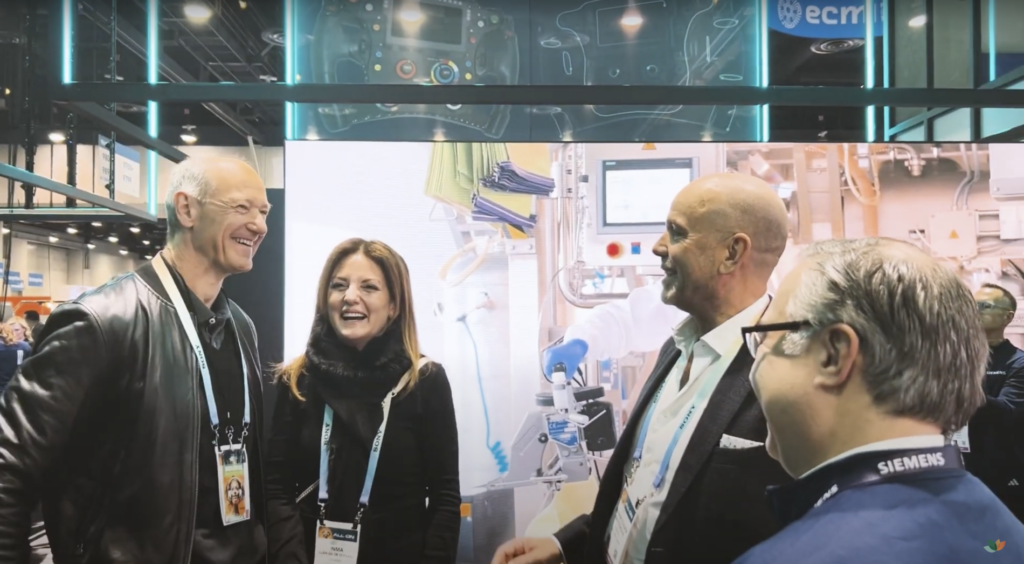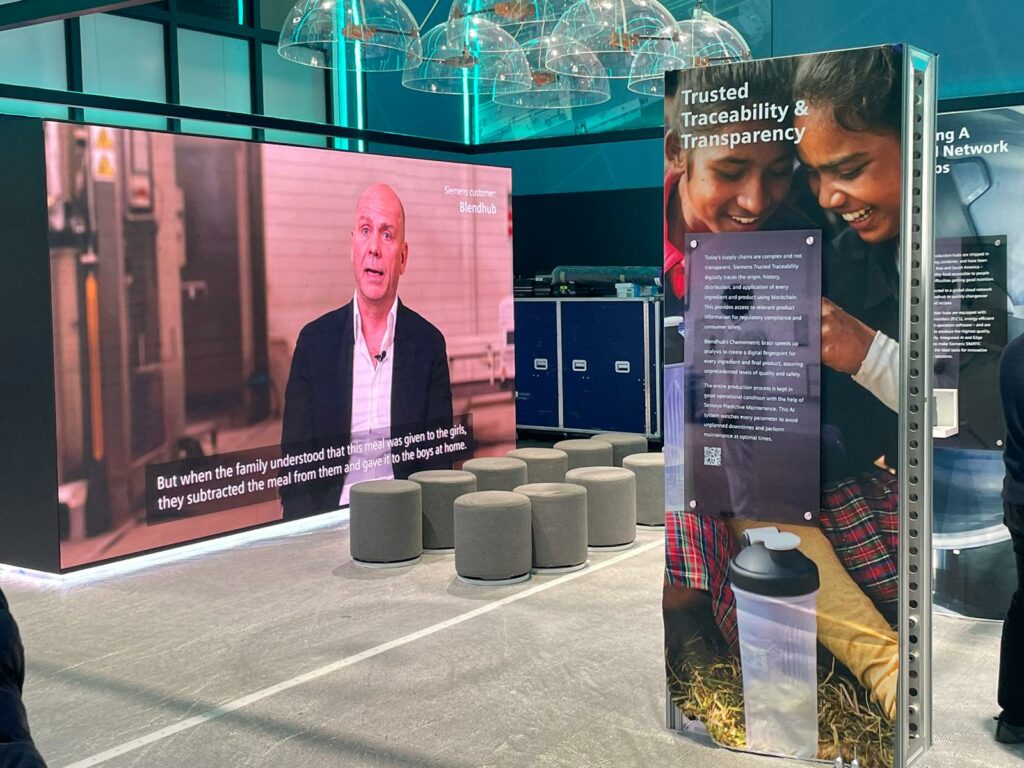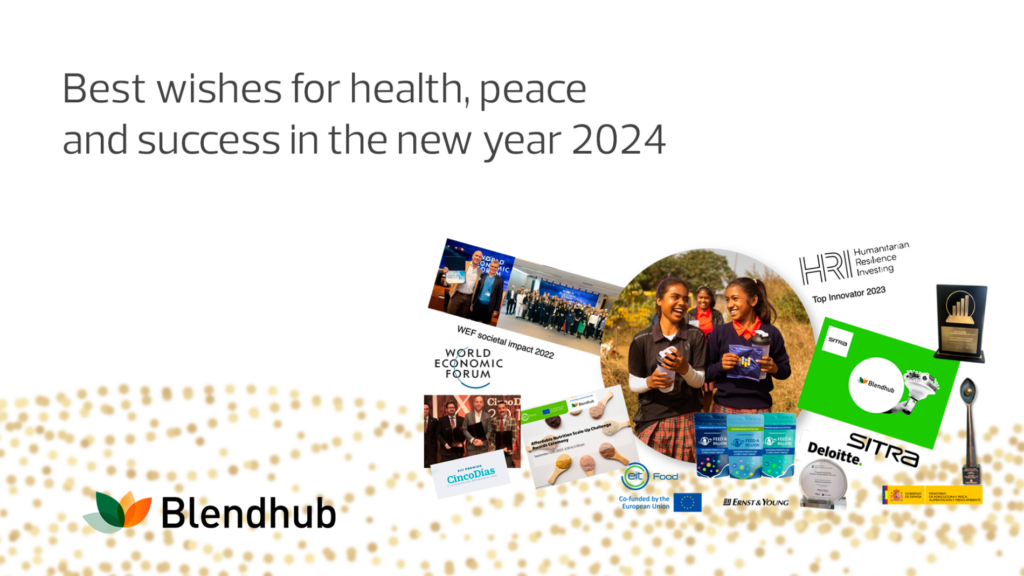Michael E. Porter works on Competitive Strategics. In the video from the World Economic Forum I publish at the end of the post, he explains his Creating Shared Value Model. The concept may not be suitable for all types of companies. But it has approximation points with Open Innovation that I find interesting.
Michael Porters invites corporations to add social challenges, via the creation of shared value, into their business model. Not in line with corporate social responsibility but as a separated activity. Including them in their core of the business. He proposes to look at social ecosystem issues as a huge opportunity. The same efficiencies and benefits can be achieved by looking at social issues in a product, supply chain and stakeholder framework.
Win-win scenarios
He talks about rethinking how we practice capitalism and about re-engineering the way companies do business. He talks about creating a new model in which, for instance, entrepreneurs adopt environmentally sustainable policies to make money. Not because of philanthropy. The Creating Sharing Value model is about profit and creating win-win situations for social value and profits.
This idea of sharing present in the Creating Shared Value model has a lot to do with Open Innovation, that basically is about collaborating, sharing and creating value for society through innovation. And, of course, about changing the competitive strategy of enterprises to compete from collaboration and sharing.
In addition, open innovation could be a way to find solutions to the new challenges posed by Porter, such as integrating social issues and economic growth into a single business plan.
Here’s the video if you are interested in the Creating Sharing Value ideas.



